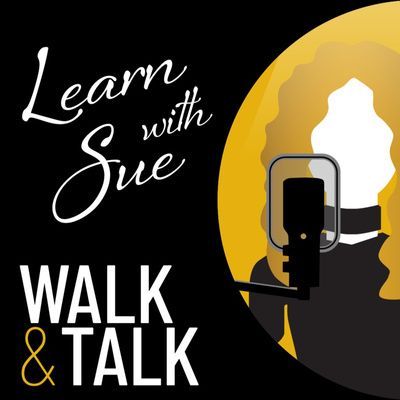How To Deal with Job Application Rejection

How To Deal with Job Application Rejection
Rejection is never nice, and it is never easy, but it is never a lost cause either.
Diana Linde, Consultant for the Charity team, and Brianna Lavis, Recruitment Manager for the Customer Experience and Sales team discussed how you can deal with rejection in this episode of #AskMeAnything.
We’ve taken it a step further and have created a 3-Step guide on how to handle rejection and best practice tips on what to do when it happens.
Step 1: What to do in the moment?
Breathe before responding
Do not take it personally and defend or argue. It may be your first instinct but try to stay strong!
Listen to the feedback
Common feedback from hiring managers is about candidates not showing active listening skills or not answering the question asked. Your reaction is a great time to demonstrate these active listening skills. This is important because it can impact your future reputation with that recruiter or hiring manager.
Have a growth mindset
Having a growth mindset and being open to feedback is an important human skill that many hiring managers look for and that is your chance to prove it in the moment.
Share your disappointment privately
It is ok to express your disappointment with people close to you but avoid venting on social media as this may come off as unprofessional.
Step 2: What to do in the future?
Learn from the rejection. Note down the reasons so you can take some necessary actions such as:
- Enrolling in short courses if the feedback was you lack the technical skills
- Practicing before your interview, whether that is in front of your family, your pets or simply in front of a mirror. Take the time to practice, there is nothing worse than not being prepared
- Do your research before any interview. Check out their LinkedIn and other social media channels and take the time to really understand who it is you are interviewing with.
However, sometimes it is not about you and there are so many other factors that are outside of your control. What candidates do not always consider is the behind-the-scenes elements as to why they may not be suitable, for example:
- Maybe you were overqualified
- Maybe they need a more senior member to join their team as the rest of the staff members are juniors
- Maybe the position has been open for a long time.
The most important thing to remember during any interview process, whether you are successful or not, is that it is an opportunity to network with the interviewer, build a relationship for future roles, and practice your interview skills. No opportunity is wasted.
Step 3: How to manage your approach after?
If you are finding that you are being rejected continuously, it is worth taking the time to review your job search process. For example:
- Are you getting rejected with no phone calls? If you are getting rejected at the application stage - are you applying for the right roles? Are there typos or formatting issues on your CV? Is your cover letter addressed to the right person?
- Are you getting rejected after phone screening? You may want to work on your approach in a phone interview. It is recommended not to answer the phone if you can’t speak/are outside or in a noisy environment/in a meeting or if you just woke up and are sleepy.
These are common mistakes that do not give off a great first impression and may lead to rejection. Treat a phone call like the first stage or an initial interview.
- Are you getting rejected after interviews? You may need to change your approach here. Really listen to the interview feedback. The number one feedback we receive is that candidates are not articulate enough or are overly detailed in their answers, yet not specifically answering the questions asked.
Ask for feedback
Remember it is all about the timing. It is best to ask for feedback after you have spoken to someone or have started the interview process, and always ensure you are mindful about how you ask for the feedback, you never want to come across as defensive.
Remember rejection is never a reflection on you as a person.
More tips just like these can be found on our Job Seeker page.
Watch the full #AskMeAnything: How can you deal with rejection.
Share This blog
Recent Articles









